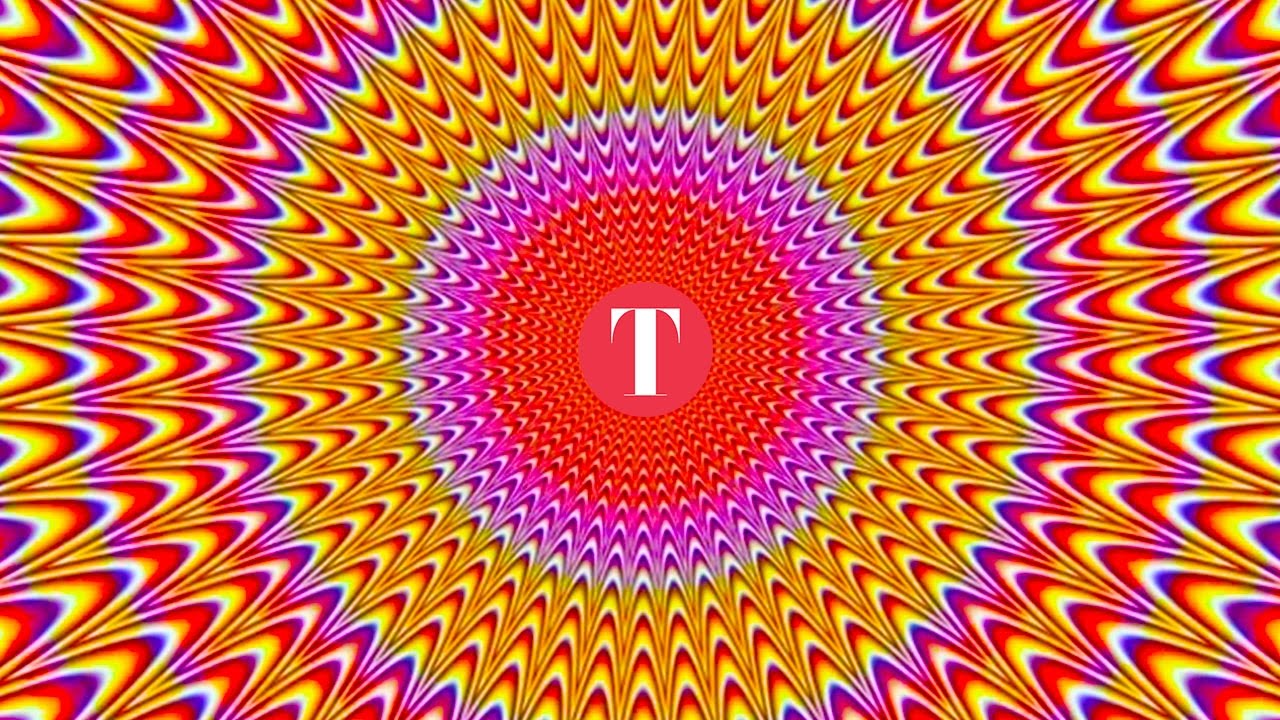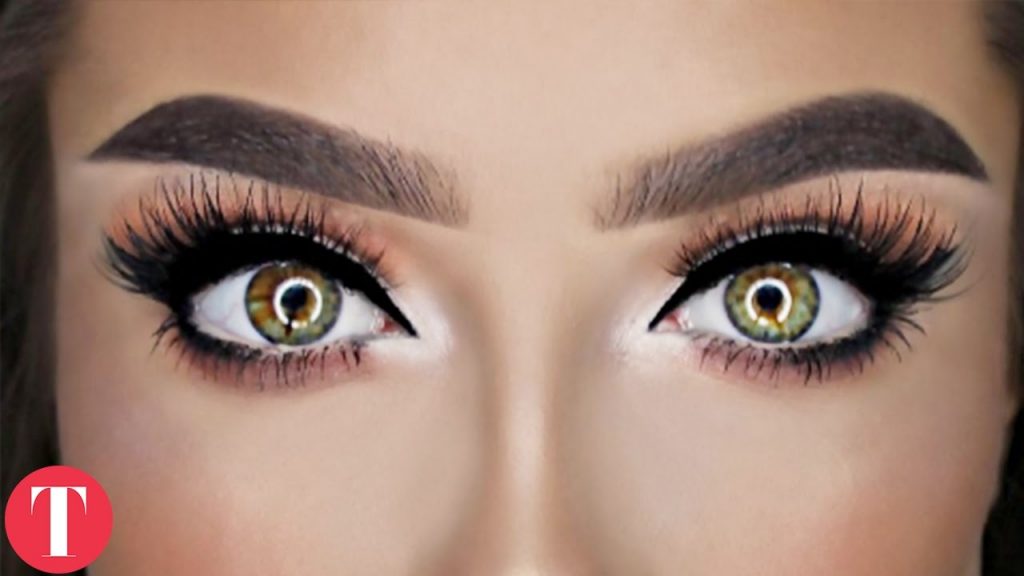8 Optical Illusions That Will Trick Your Mind

8 amazing optical illusions that are sure to trick your brain!
Optical illusions are still entertaining no matter how old we are. As a child or as an adult, you can still spend hours trying to dissect and understand some of the most trickiest illusions in the world. They will make your brain and your eyes play tricks on you, and they may eventually make you go absolutely nuts, but that doesn’t stop us from viewing them!
How does the Scintillating Grid illusion deceive our senses and create the perception of black dots?
Optical illusions have intrigued people for generations. These illusions are created by specific patterns, colors, shapes, and angles used to trick our minds into perceiving something that isn’t there. They can be fascinating, often baffling our senses in unexpected ways. Here are eight optical illusions that can deceive your mind.
1. The Ames room illusion
This illusion is created by an apparent distorted room in which people look like they are growing or shrinking. The room is designed to appear as a trapezoid, but in reality, one side is shorter than the other. This illusion tricks the brain into perceiving people as different sizes, depending on where they are standing in the room.
2. The Ponzo illusion
The Ponzo illusion makes two identical lines look different lengths. This happens when a pair of lines is presented in the context of a perspective illusion, typically where the lines are drawn to appear as if they are receding into the distance. The human brain tends to judge the size of an object based on its surrounding context, so the line that is perceived to be closer to the horizon appears lengthier.
3. The Müller-Lyer illusion
The Müller-Lyer illusion is one of the most famous optical illusions, used to trick the brain into perceiving two equal lines as being different lengths. This illusion is created by presenting a line with a series of arrows pointing inward toward it, making the line appear shorter. Conversely, another line with arrows pointing outward makes it appear longer.
4. The Scintillating Grid illusion
The scintillating grid illusion is all about seeing things that aren’t there. The illusion is created by placing a grid of black squares on a white background, with white dots at each intersection. When you stare at the dots, your brain creates an effect of black dots appearing in the squares where they are not present. The phenomenon is caused by the way our peripheral vision works.
5. The Ebbinghaus illusion
The Ebbinghaus illusion involves the perception of the size of objects. In this illusion, two identical circles are presented with different sized circles surrounding them. The surrounding circles trick the mind into making one of the central circles look larger or smaller than the other, depending on their size relative to the surrounding circles.
6. The Hering illusion
The Hering illusion makes straight lines appear curved. It is created by drawing two straight, parallel lines that are separated by diagonal lines. The diagonal lines trick the brain into seeing the straight lines as curved.
7. The Shepard’s Tables illusion
The Shepard’s Tables illusion is another illusion that tricks the mind into seeing lines that are not there. This illusion involves three tables, with each table drawn slightly differently. When viewed together, the brain creates an impression that a line exists, even though there is no physical line present.
8. The Motion aftereffect illusion
The motion aftereffect illusion occurs when a person watches a moving object and then looks away. The moving object’s motion can temporarily trick your brain into perceiving that stationary objects are moving in the opposite direction.
In conclusion, optical illusions are captivating, and their ability to deceive our senses is always a wonder. The eight optical illusions shared in this article are just the tip of the iceberg in the world of visual trickery. However, understanding how our brains work allows us to appreciate these illusions and acknowledge the power of perception.









10 Unusual Women’s Beauty Standards In BRAZIL
World’s Largest Challenge!
TIE BREAKER PAINTBALL CHALLENGE | Smosh Summer Games: Apocalypse
10 Things You Never Knew About Ivanka Trump
First Flight on Another Planet!